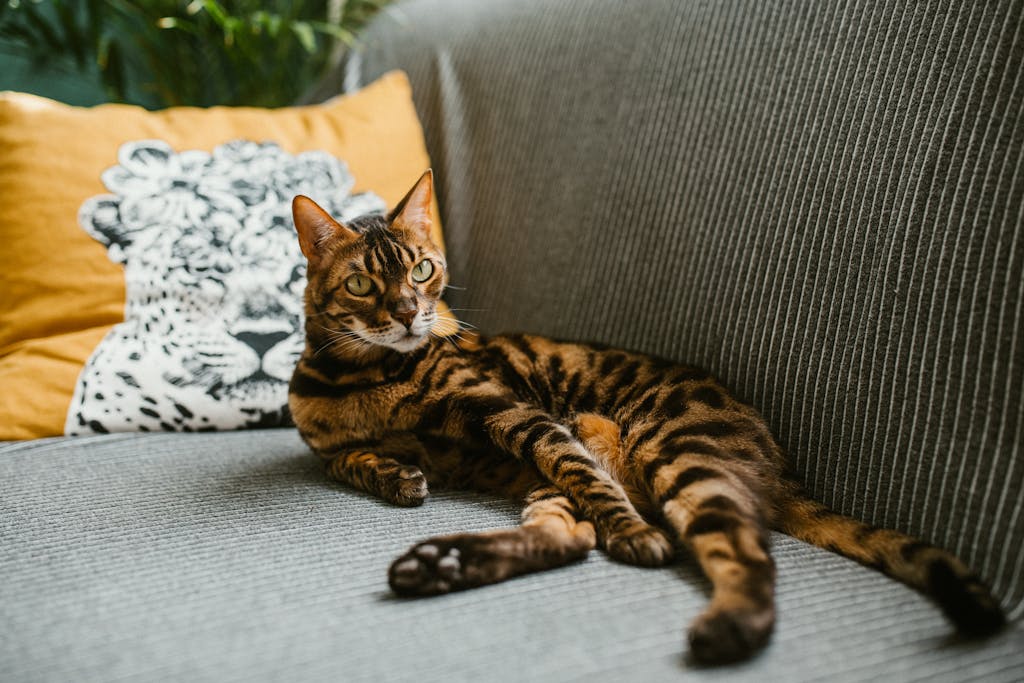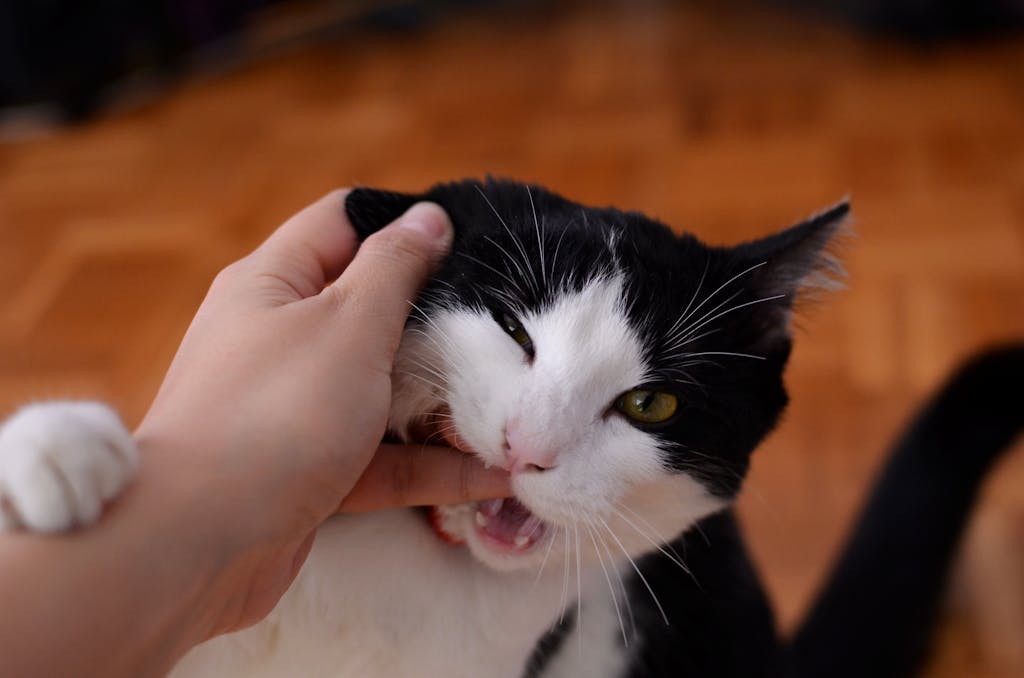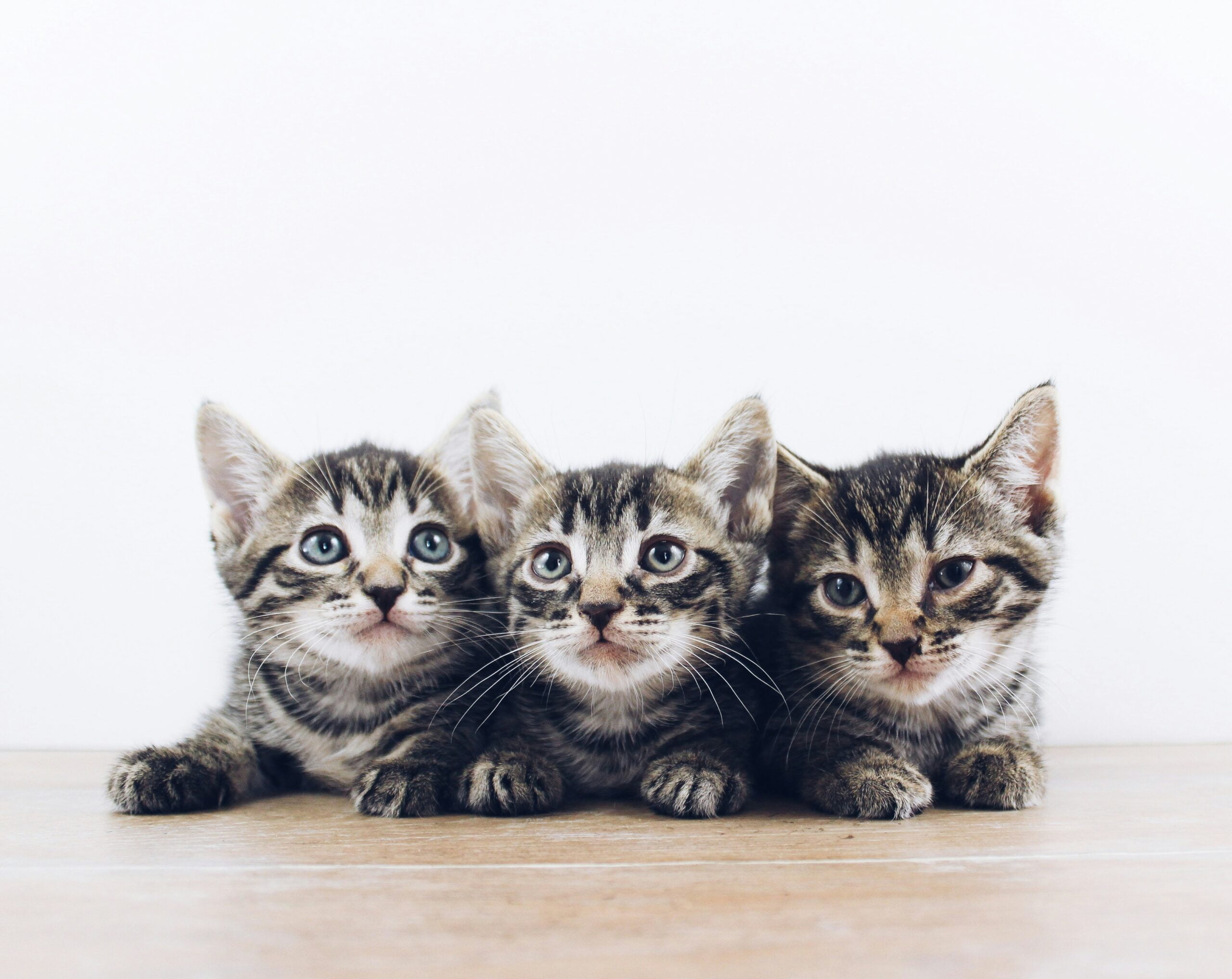
Today, we’re delving into a common yet important question for cat owners: Can cats eat refried beans? While beans can be a nutritious source of protein for humans, the answer for our feline friends is a bit more nuanced. In this comprehensive guide, we’ll explore the topic in-depth, covering various types of beans and their impact on cats’ health. By the end, you’ll have a clear understanding of when it’s safe and when it’s best to avoid beans in your cat’s diet.
If you’re a cat owner, you might have wondered about the dietary options for your feline friend, especially when it comes to human foods. One common question that arises is whether cats can eat refried beans.
Can Cats Eat Refried Beans?
Cats can consume refried beans, but there are some essential considerations to keep in mind. If you make refried beans from scratch and are confident that no extra spices, such as garlic or onion, have been added, you can allow your cat to have a small amount of them.
However, it’s crucial to avoid giving your cat store-bought refried beans, as these are likely to contain spices that could be harmful to felines. The main concern when it comes to refried beans is the high sodium content, which can pose a risk to your cat’s health. So, while refried beans in moderation may not be immediately harmful, it’s best to err on the side of caution and prioritize a diet that is tailored to your cat’s specific dietary needs.
It’s important to remember that cats are obligate carnivores, meaning their primary dietary requirement is meat. While certain beans can be safe for them in small amounts, overindulging in beans can lead to digestive problems and even pancreatitis. Additionally, refried beans are typically high in sodium and are usually seasoned with ingredients that may not be suitable for cats.
Therefore, it’s essential to ensure that any beans you offer your cat are plain, cooked, and free from spices. Always monitor your cat’s reaction when introducing new foods, and consult your veterinarian for specific dietary guidance tailored to your cat’s individual needs.
Refried beans should only be given to your cat if you make them from scratch and ensure no harmful spices have been added. Commercially canned refried beans often contain ingredients like garlic and onion, which can be toxic to cats. It’s safer to avoid these entirely.
Understanding the Basics
Cats have unique dietary needs due to their status as obligate carnivores. Their bodies are designed to primarily process and derive nutrition from animal-based proteins. While they can consume certain plant-based foods in moderation, it’s crucial to recognize that their digestive systems are optimized for meat.
Refried Beans: The Sodium Conundrum
The main problem with refried beans in a feline diet is their high sodium content. Cats are highly sensitive to excess salt, and it can have adverse effects on their health. High sodium intake can lead to dehydration, kidney strain, and even sodium ion poisoning.
While sodium is a vital nutrient for humans, cats have different requirements, and overindulging in salty foods like refried beans can be detrimental to their well-being. Additionally, certain seasonings, like garlic and onion, are often used in refried beans, which can be toxic to cats.
Fresh vs. Canned Refried Beans
If you are considering introducing refried beans to your cat, it’s essential to differentiate between fresh, homemade beans and canned varieties. Fresh refried beans that are prepared without additional spices and preservatives are a safer option for your cat, but they should still be fed in moderation. On the other hand, canned refried beans are likely to contain undesirable ingredients and should be avoided.
Safe Alternatives for Your Cat
While refried beans may not be the best choice for your feline companion, there are safer alternatives. Plain, cooked beans like green beans, black beans, and pinto beans can be safe to share with your cat in small quantities. It’s important to ensure that these beans are plain and free from added seasonings. If your cat shows an interest in beans, offering one to three beans as an occasional treat is generally acceptable.
Can Cats Eat Beans? The Basics
Cats, as obligate carnivores, have specific dietary needs that revolve around animal protein. Unlike humans who can derive protein from various sources, cats require essential nutrients that are predominantly found in meat. While beans do contain protein, it’s not the ideal protein source for your cat. It’s essential to understand that beans alone cannot meet your cat’s dietary requirements.
The Safest Way to Feed Beans to Cats
If you’re considering giving beans to your cat, it’s crucial to do it in the safest way possible. Here are some guidelines to follow:
1. Serve Plain, Cooked Beans
When serving beans to your cat, always ensure they are plain and well-cooked. Avoid adding any spices, seasonings, or other ingredients that might be harmful to your cat.
2. Beans Should Be an Occasional Treat
Beans can be offered to your cat as an occasional treat, not as a regular part of their diet. Keep in mind that their primary source of nutrition should be high-quality cat food.
3. Consult Your Veterinarian
Before introducing beans to your cat’s diet, it’s wise to consult with your veterinarian. They can provide guidance based on your cat’s specific health and dietary needs, especially if your cat has underlying medical conditions like pancreatitis.
Chickpeas, Black Beans, and Refried Beans
Can Cats Eat Chickpeas?
Chickpeas, also known as garbanzo beans, can be difficult for some cats to digest. While plain, cooked chickpeas may be safe in moderation, it’s best not to make a habit of feeding them to your cat.
Can Cats Eat Black Beans?
Black beans, when plain and cooked, are generally not harmful to your cat. However, they are not the most optimal snack choice. If you decide to offer black beans to your cat, rinse off any excess juices from canned beans before serving.
Green Beans: A Cat-Friendly Option
Green beans, while not technically beans, can be a good option for cats interested in eating greens. These vegetables provide added nutrients, fiber, and water, which can be beneficial for your cat, especially if they have digestive issues. Always serve them plain, without any harmful additives.
Never Let Your Cat Eat Cacao or Coffee Beans
Both cacao and coffee beans are highly toxic to cats and should never be ingested under any circumstances. These beans contain caffeine and theobromine, compounds that can lead to severe medical issues in cats. Symptoms of overdose include vomiting, diarrhea, increased heart rate, and even seizures. If you suspect your cat has consumed cacao or coffee beans, seek immediate professional veterinary care.
In Conclusion: Can Cats Eat Refried Beans
In the debate of whether cats can eat refried beans, it’s evident that while it is technically possible for cats to consume them, it’s not recommended. The high sodium content, seasoning, and the fact that cats are obligate carnivores make refried beans a less-than-ideal choice for their diet.
As a responsible cat owner, it’s crucial to prioritize your cat’s health and well-being by offering a diet that aligns with their unique nutritional needs. Consulting with a veterinarian for specific dietary guidance tailored to your cat’s individual requirements is always a wise decision.
Remember, your cat’s health and happiness depend on the choices you make, so choose wisely and provide them with the best care possible.
In conclusion, while cats can eat beans in moderation, they are not a suitable primary protein source for our feline companions. It’s best to prioritize high-quality cat food and consult your veterinarian for dietary advice specific to your cat’s needs. When it comes to cacao and coffee beans, always keep them far out of reach to ensure your cat’s safety.
Remember, your cat’s health is of utmost importance, so make informed choices when it comes to their diet. Happy National Bean Day, and may your cat’s meals always be safe and nutritious!
Related Questions on Can Cats Eat Refried Beans:
What type of beans can cats eat?
Cats can safely consume plain, cooked beans like green beans, black beans, and pinto beans. These beans should be plain and free from added seasonings or spices. It’s essential to ensure that the beans are cooked through and edible. Offering these beans in moderation can be a safe treat for your cat.
Is it okay to give my cat beans?
It is generally okay to give your cat beans, provided they are plain, cooked beans with no added seasonings or spices. Cats have different dietary needs compared to humans, so beans should be offered in moderation. If your cat shows interest in beans, offering one to three beans as an occasional treat is acceptable.
How many beans can a cat eat?
Cats can safely consume a small quantity of beans as an occasional treat. Offering one to three beans is generally considered safe. However, it’s crucial to monitor your cat’s reaction and ensure that the beans are plain and unseasoned.
Can cats eat beans and beef?
While plain, cooked beans like green beans and beef are safe for cats individually, combining them in one meal is not recommended. Cats are obligate carnivores, and their primary source of nutrition should be meat. Feeding them beans and beef together may not align with their dietary requirements.
Can cats eat beans?
Cats can eat certain types of beans, specifically plain, cooked beans like green beans, black beans, and pinto beans. These beans should be free from added seasonings or spices. It’s essential to offer beans in moderation as an occasional treat, considering that cats have unique dietary needs primarily focused on animal-based proteins.
Remember that while beans can be safe for cats in moderation, their main source of nutrition should come from a balanced, high-quality cat food that meets their specific dietary requirements. Always consult with your veterinarian for personalized dietary recommendations for your cat.






